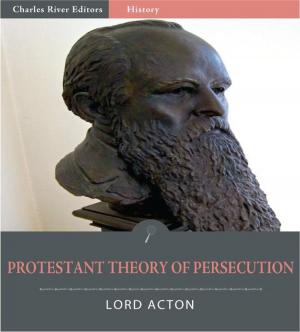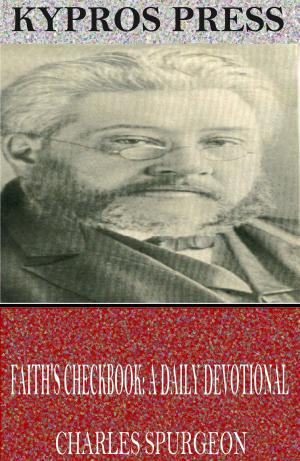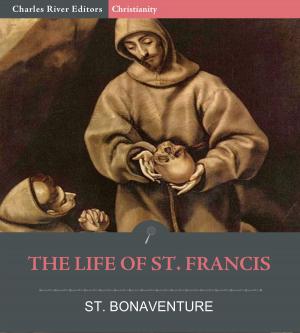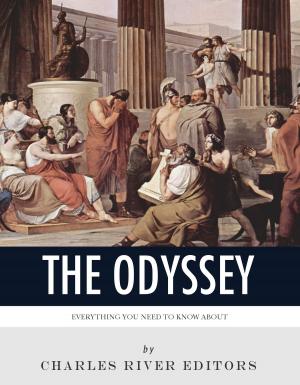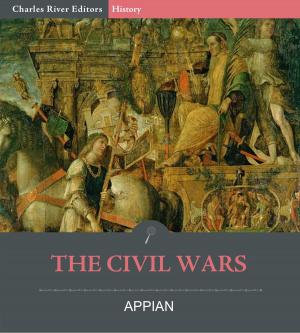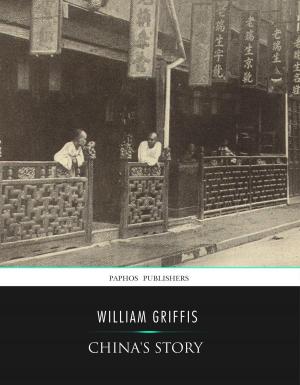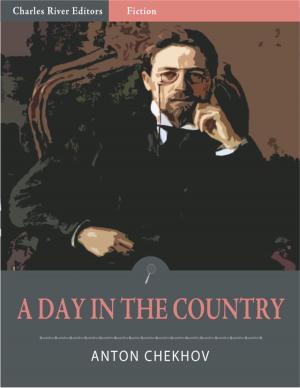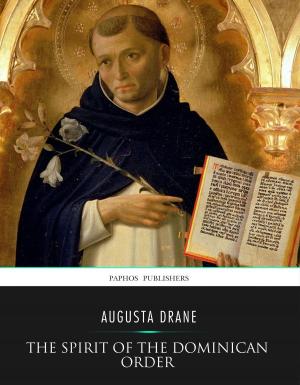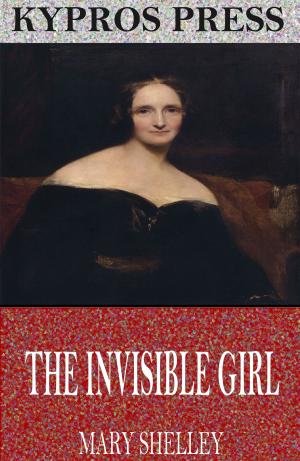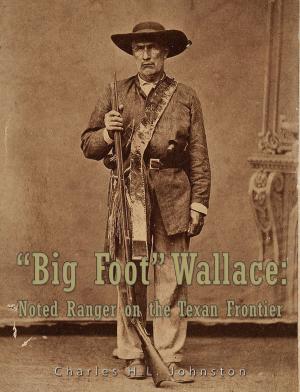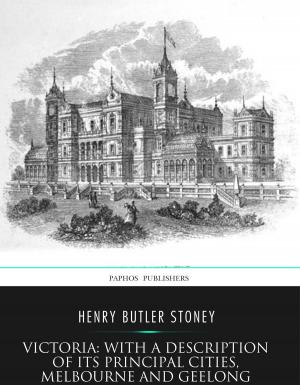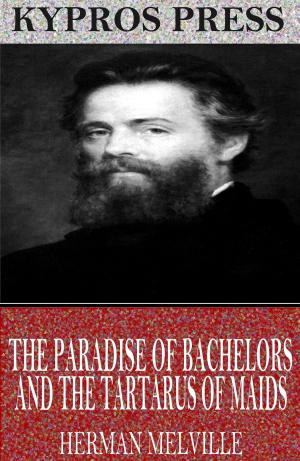Some Fruits of Solitude in Reflections and Maxims, 1682
Nonfiction, Religion & Spirituality, Philosophy, History, Criticism, & Surveys, Americas, United States, Colonial Period (1600-1775)| Author: | William Penn | ISBN: | 9781475313246 |
| Publisher: | Charles River Editors | Publication: | February 22, 2012 |
| Imprint: | Language: | English |
| Author: | William Penn |
| ISBN: | 9781475313246 |
| Publisher: | Charles River Editors |
| Publication: | February 22, 2012 |
| Imprint: | |
| Language: | English |
William Penn (October 14, 1644 July 30, 1718) was an English real estate entrepreneur, philosopher, and founder of Pennsylvania (or Penns woods), as well as the man who designed the plan for the city of Philadelphia. His exploits in the new province made him one of the most influential Britons in Colonial America, and one who impacted all of the Founding Fathers, who gathered in Philadelphia to draft both the Declaration of Independence and the Constitution. Though hes best known for the state named after him, Penn was also an early champion of democracy and religious freedom, notable for his good relations and successful treaties with the Lenape Indians. In 1682, the same year he got the charter to found Pennsylvania, Penn wrote what became Some Fruits of Solitude, which Harvard Classics described as a mine of pithy comment upon human life. Penns writings would be combined with Franklins autobiography and the writings of John Woolman to create Harvard Classics Volume 1. This edition of Penns Some Fruits of Solitude includes over a dozen pictures of Penn, the Founding Fathers, and more. It also includes a Table of Contents for easier navigation.
William Penn (October 14, 1644 July 30, 1718) was an English real estate entrepreneur, philosopher, and founder of Pennsylvania (or Penns woods), as well as the man who designed the plan for the city of Philadelphia. His exploits in the new province made him one of the most influential Britons in Colonial America, and one who impacted all of the Founding Fathers, who gathered in Philadelphia to draft both the Declaration of Independence and the Constitution. Though hes best known for the state named after him, Penn was also an early champion of democracy and religious freedom, notable for his good relations and successful treaties with the Lenape Indians. In 1682, the same year he got the charter to found Pennsylvania, Penn wrote what became Some Fruits of Solitude, which Harvard Classics described as a mine of pithy comment upon human life. Penns writings would be combined with Franklins autobiography and the writings of John Woolman to create Harvard Classics Volume 1. This edition of Penns Some Fruits of Solitude includes over a dozen pictures of Penn, the Founding Fathers, and more. It also includes a Table of Contents for easier navigation.

